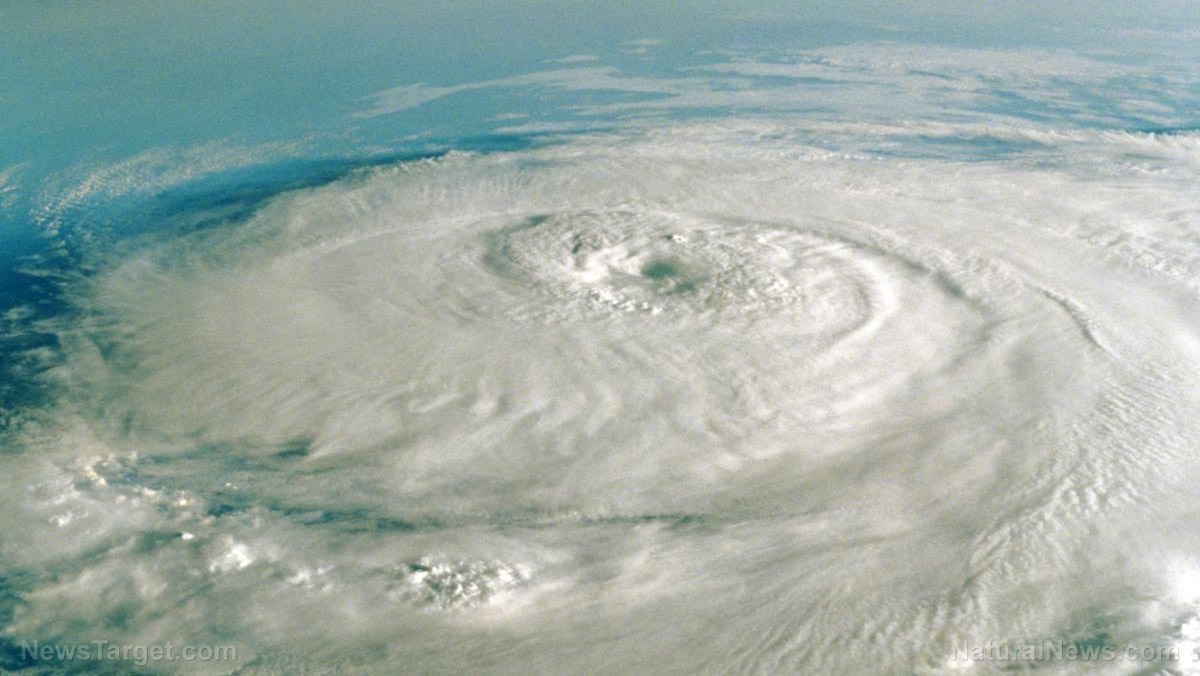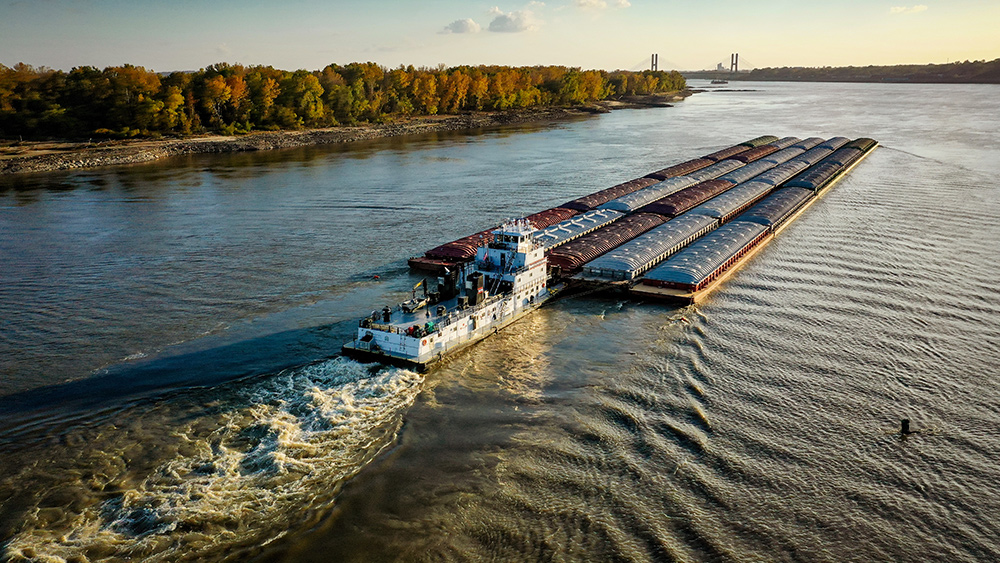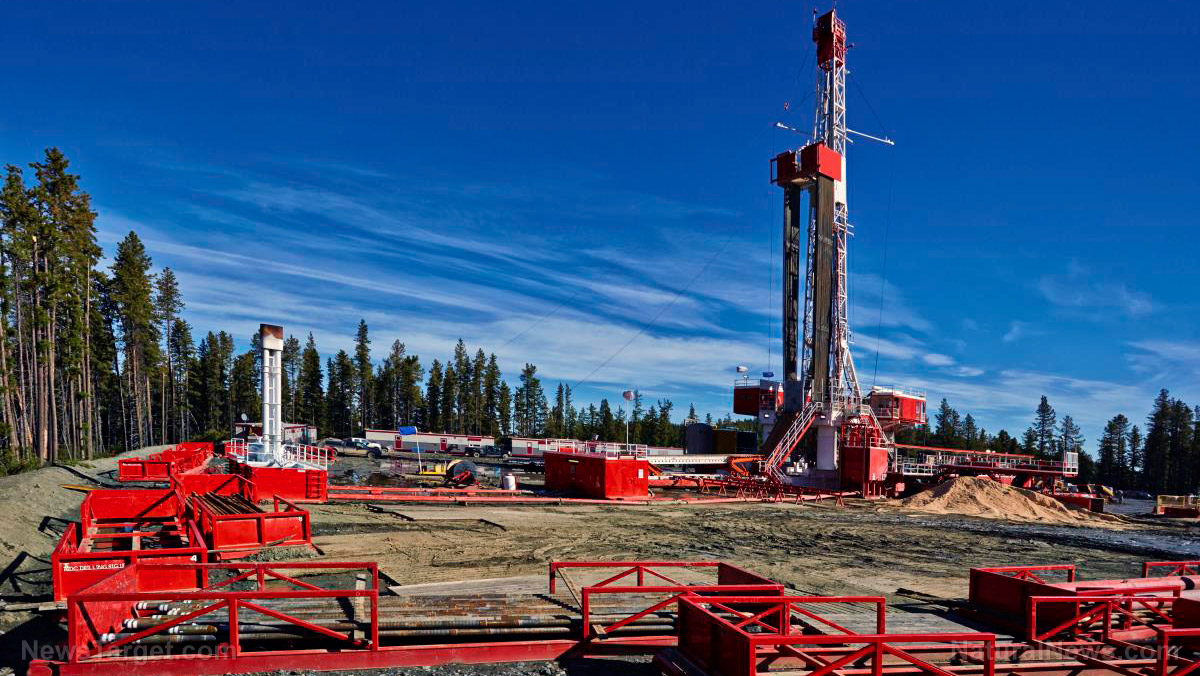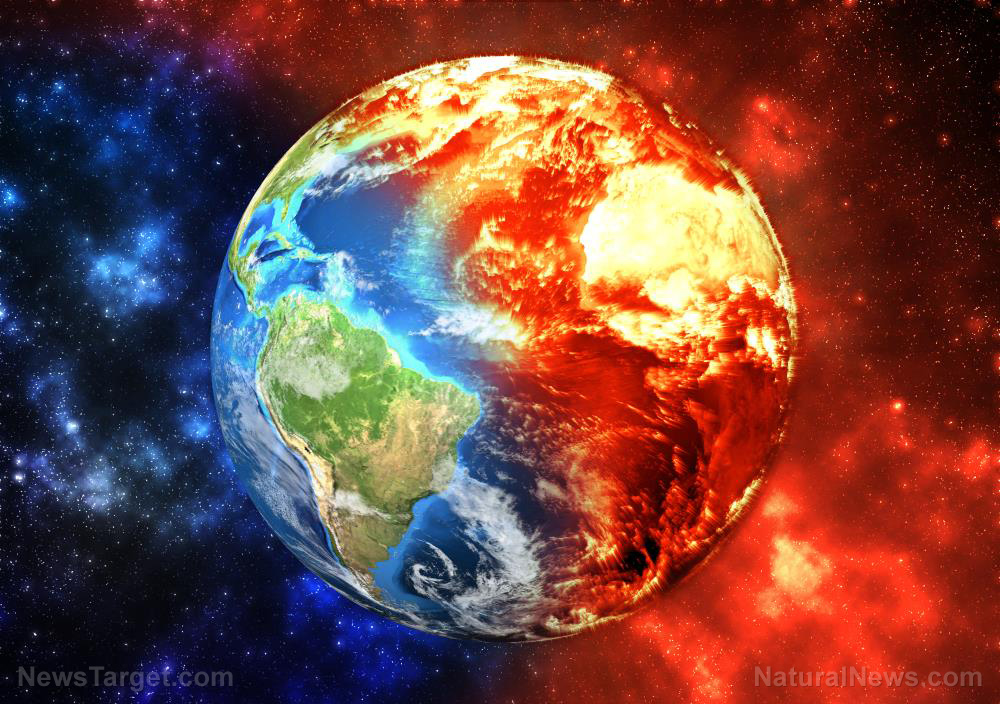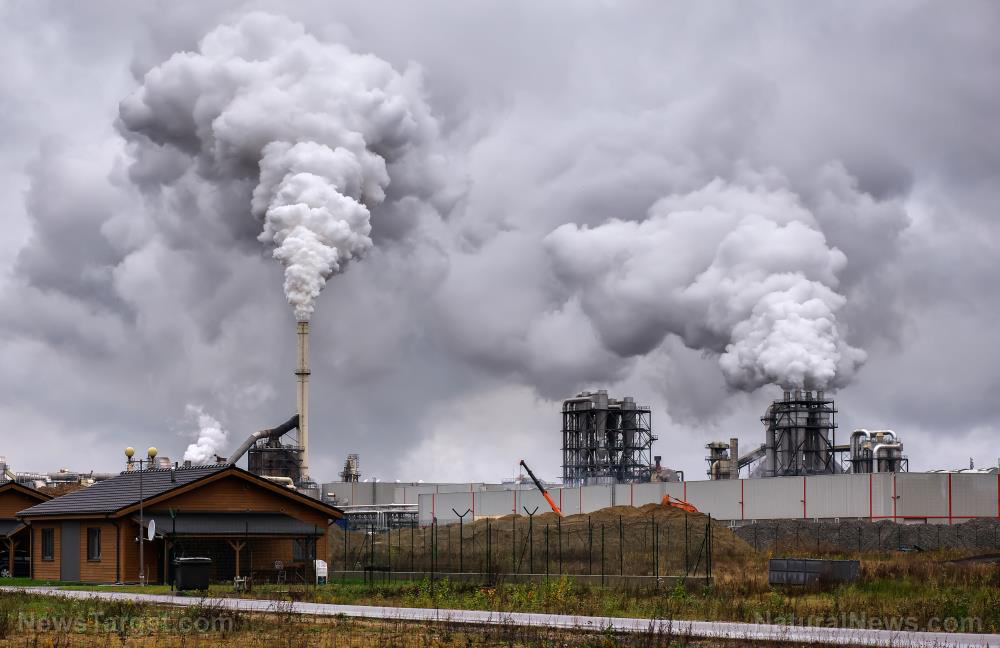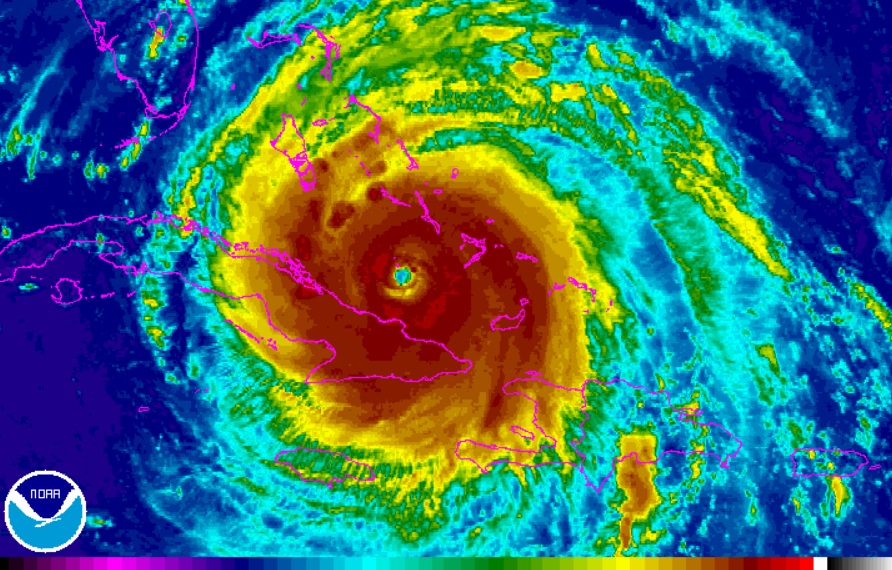Ice sheets have always melted quickly when the climate warms, according to research
10/05/2018 / By Frances Bloomfield
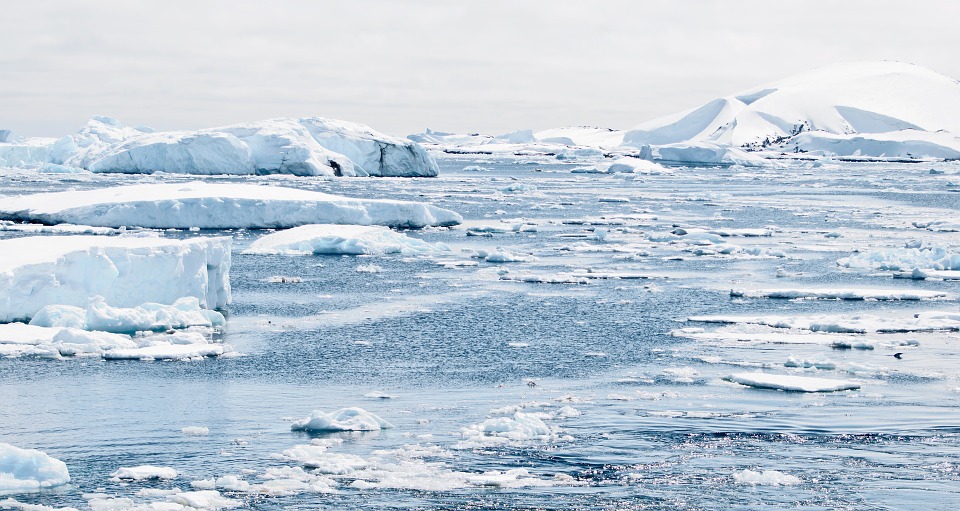
The Cordilleran Ice Sheet is a mass of glacial ice that once covered a sizable chunk of North America during the last ice age. This major ice sheet is just one of many that has melted over the course of time due to ever-changing climate. However, researchers have discovered that the mass of the Cordilleran Ice Sheet has shrunk by half in as little as 500 years, confirming that ice sheets melt rapidly when the process has begun.
Further supporting that notion is the fact that new data has shown large parts of western Canada –considered part of the coverage area of the Cordilleran Ice Sheet – being free of ice about 14,000 years ago. While previously estimated to be 12,500 years, new data places the time range as being 1,500 years earlier than originally thought.
In addition, the researchers noted that the Cordilleran Ice Sheet’s accelerated thawing may have led to the sea levels rising by about 20 feet. Because cold water is denser than warm water, the water contained in the Ice Sheet may have sunk when it was released, resulting in massive changes to ocean circulation and temperature.
As to what might have hastened the melting of the Cordilleran Ice Sheet, the researchers are still attempting to piece that together. To that end, they’ve been studying moraines located across western Canada to create a proper timeline of the ice sheet’s spread and eventual reduction. Moraines are materials transported and left behind by moving glaciers, typically rock and soil. To map and date the moraines, the researchers have been utilizing beryllium-10, a rare beryllium isotope used as a proxy for solar activity to measure the ages of glaciers and their associated materials.

“We have one group of beryllium-10 measurements, which is 14,000 years old, and another group, which is 11,500 years old, and the difference in these ages is statistically significant. The only way this would happen is if the ice in that area had completely gone away and then advanced,” explained Marc Caffee, director of Purdue University’s PRIME Lab, in a press release.
When the Earth began warming 14,000 years ago, ice sheets all over are believed to have thinned out significantly, while the ice atop the mountains of western Canada melted away completely. Glaciers flourished again by the time the climate cooled, then shrank again at the dawn of the Holocene or current geological epoch.
Creating this climatological timeline has helped the researchers gain a better understanding of the crucial natural events that have occurred throughout history. For instance, the researchers now believe that the melting of the Cordilleran Ice Sheet is not responsible for the cooling of the Younger Dryas, a period known for being the most recent and most well-known example of abrupt climatic change. To Caffee and his colleagues, the cooling of the Younger Dryas started at a much earlier time than the Ice Sheet’s thawing. As of this writing, the exact cause behind the Younger Dryas remains a mystery.
Speaking of their results, Caffee expressed the hope that they will inspire future scientists to build on his team’s findings. “This paper should serve as motivation for further studies. Continental ice sheets don’t disappear in a simple, monolithic way – it’s an extremely complicated process. The more we know about the retreat of the Cordilleran Ice Sheet, the better we’ll be able to predict what’s to come for the Greenland Ice Sheet,” said Caffee.
For more stories about discoveries and breakthroughs concerning the Earth’s climate, feel free to go to ClimateScienceNews.com.
Sources include:
Submit a correction >>
Tagged Under:
Climate, climate change, climate science, continental ice sheets, Cordilleran Ice Sheet, environment, glacial ice, weather
This article may contain statements that reflect the opinion of the author





